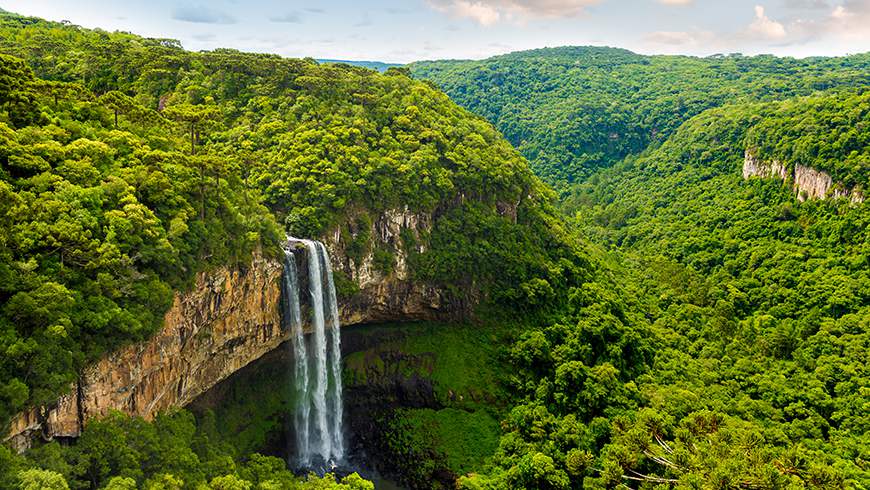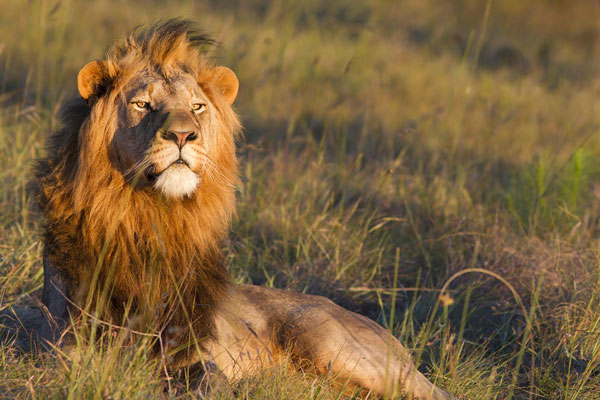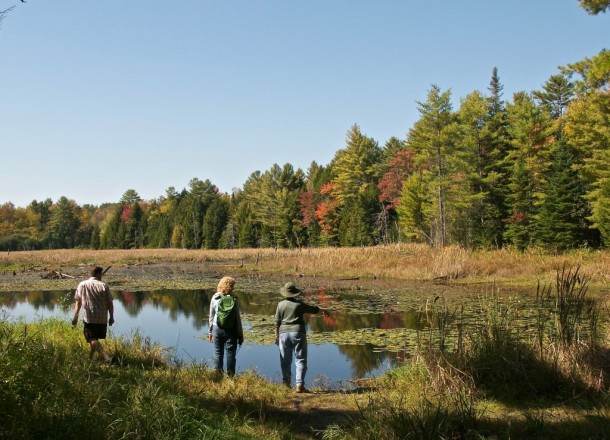
Secure species , UM educator assists Malaysia with creating preservation regions

Jedediah Brodie has spent a profession tromping around tropical rainforests, leading on-the-ground explore in a portion of the world’s generally rich and various districts.
A scientist and protection researcher, Brodie has gone through the previous 20 years working with not-for-profits and state governments in Malaysian Borneo in the South China Sea to preserve land, natural life and plant species. Their work floats species assurance, the travel industry and ecological life span for the locale.
Presently, the University of Montana partner teacher in UM’s Division of Biological Sciences has distributed a paper specifying a significant preservation achievement in the Malaysian province of Sabah, where Brodie and a group of researchers attempted to expand Sabah’s rainforest security. Co-creators incorporate UM Postdoctoral Researcher Sara Williams and a companion of global researchers.
The State of Sabah as of late dedicated to expanding preserved regions by right around a million sections of land, a move that resists the universal pattern of tropical deforestation and environmental change obliteration. State authorities contracted Brodie and partners to distinguish the best places for new ensured territories that would most adequately moderate biodiversity and keep up woods carbon.
Their investigation looked at changed opportunities for the formation of new national parks and preservation woodlands, expanding the secured region of an island prestigious for its rainforests and assorted natural life.
“This project was motivating because the end result is a direct, positive impact,” Brodie said. “Some call conservation biology a profession of depression because so many species and ecosystems are declining, but the situation in Sabah makes me optimistic – they’re leading the way in conserving rainforests.”
The examination looked at changed opportunities for the making of new national parks and preservation woodlands.
The examination “Incorporating Connectivity Into Conservation Planning for Optimal Representation of Multiple Species and Ecosystem Services” was distributed in the diary Conservation Biology.
The article shares how Brodie and associates in Malaysia and the United Kingdom utilized systems of hold configuration, utilizing information on untamed life territory hallways, creature, and plant species ranges and backwoods carbon stockpiling, so as to best secure biodiversity and scene availability.
“The challenge was looking at this huge landscape and trying to connect and protect the little dots like the range needed for mammals, birds, butterflies and plants,” they said. “The connectivity of the parks was essential because it’s fine to protect species where they currently are, but they move to different areas in response to climate change.”
Brodie said the secured territories will help monitor notorious, undermined species in the area, including the Bornean Orangutan, Hornbills and the Clouded Leopard – a summit predator in the locale that is powerless against eradication. A large number of the plant and butterfly species that will be ensured are discovered no place else on the planet.
The Sabah Forestry Department is detailing the examination’s proposal for new protection territories into enactment that the State Assembly will decide on.
At UM, Brodie is the Craighead Endowed Chair of Conservation, where they instructs and inquires about in the University’s Wildlife Biology Program.
In 2016, UM’s Wildlife Biology Program was positioned No.1 in the U.S. what’s more, Canada by Academic Analytics, refering to UM’s unparalleled access to hands-on, open air learning and research openings and workforce profitability.
The paper was composed by Brodie and associates Agnes Agama and Glen Reynolds, co-executives of the Southeast Asian Rainforest Research Partnership; Professor David Burslem from the University of Aberdeen; and University of York Professors Jane Hill and Sarah Scriven.
Julian White is an English writer, best known for his time playing professional rugby union as a prop for Leicester Tigers and England. White was regarded as an aggressive tighthead prop .
Disclaimer: The views, suggestions, and opinions expressed here are the sole responsibility of the experts. No Weekly Central USA journalist was involved in the writing and production of this article.



